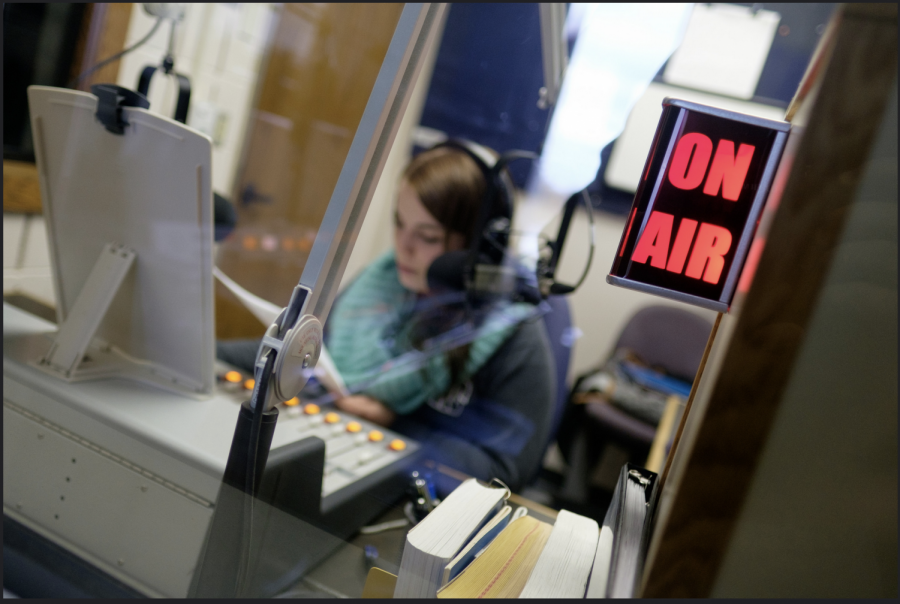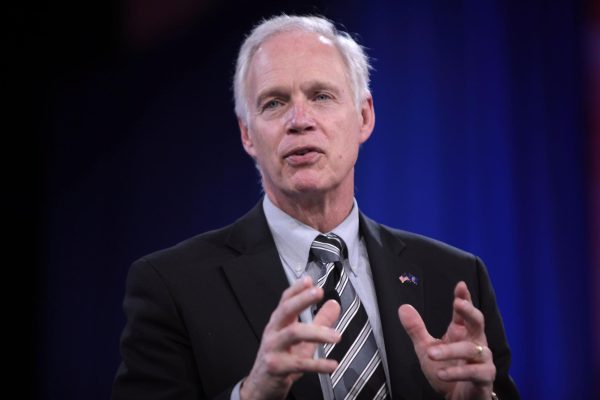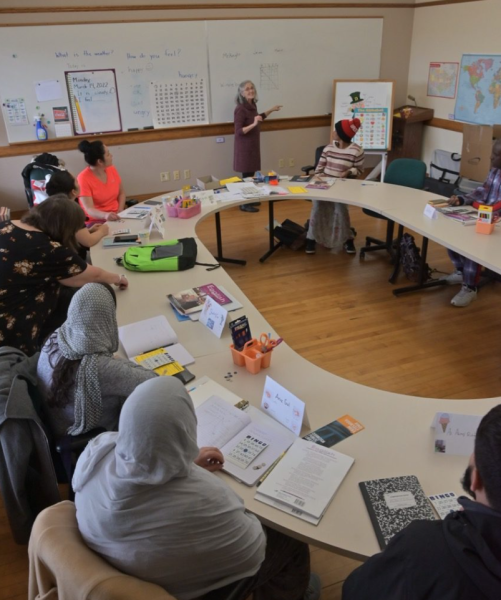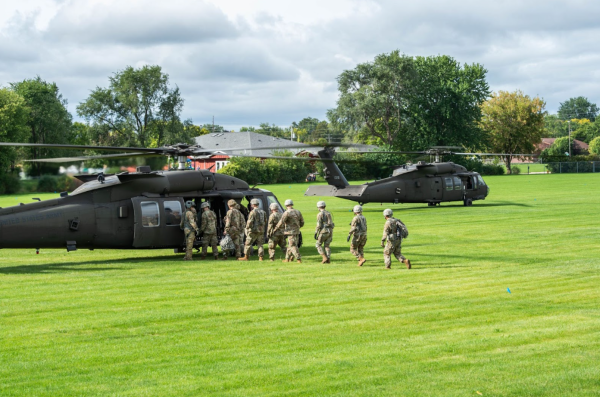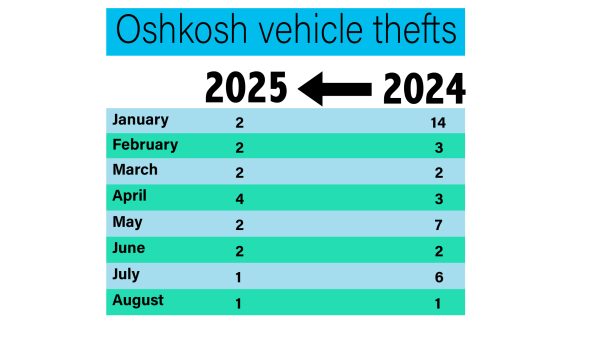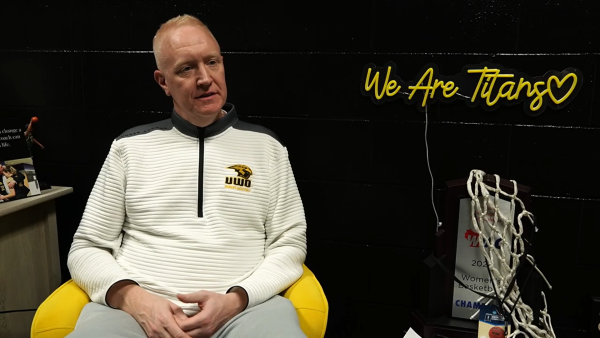UW policy to restrict student org. funding
A UWO student is hard at work preparing for a WRST broadcast. A UW System policy will cause organizations like WRST to choose between eliminating requirements or losing funding.
Several UW Oshkosh student organizations could be forced to choose between losing their Student Allocation Committee funding or eliminating student participation requirements through their affiliated majors due to a UW System policy.
The policy, which is outlined in the UW System Administrative Policy 820, states that segregated university funds “shall not be assessed or charged for academic credit-producing activities.” The policy does not allow for segregated fees to be used by organizations with required membership for class credit, giving organizations a tough choice, according to Executive Director for Campus Life Jean Kwaterski.
Kwaterski said this will cause organizations like WRST and Titan TV to choose between eliminating participation requirements or losing funding. In recent years, Titan TV has received about $25,000 of SAC funding per year, with WRST receiving about $30,000 per year.
“There will be several student organizations on our campus that won’t be eligible for funding through the Allocations Committee,” Kwaterski said. “If the organization should change their requirement that students need to participate in order to get credit for a class, they could get funding in the future. In the meantime, these organizations will have to be funded elsewhere.”
Titan TV operations manager Brandon Fuller said SAC funding is crucial to the organization’s operation because it’s essential in providing props and sets for student-run shows and maintaining technology and software, among other things.
“It is extremely important that we receive funding because Titan TV does not accrue funding like most TV stations that sell ad space to businesses,” Fuller said. “All commercials aired on Titan TV are not actually commercials but in fact PSAs.”
Fuller said gaining hands-on experience is especially important to radio/TV/film majors to gain the skills and experience necessary for their careers.
“Titan TV and WRST allow for students to gain this experience right here on campus,” Fuller said. “We encourage all students to try new positions and learn these different roles so that when students move on from Titan TV, they can have a better understanding of all the different jobs they might be asked to work. By having required participation, students have this opportunity to explore these different jobs and see what might interest them most moving forward.”
Kwaterski said though the University is just now beginning to enforce the policy, it has actually been around for several years.
“I believe what happened is that over the years, more and more student orgs came to the Allocations Committee to get funded, and it’s possible that the committee just didn’t check to see if students were required to participate in a student org in order to get credit or they didn’t know that this was prohibited,” Kwaterski said. “Another possibility is that the org received funding for many years, and then faculty added it as a requirement that students participate in the organization as part of a class.”
Kwaterski said the UW System just started blowing the whistle on these policy violations.
“Recently, the UW System started to check on this at all the UW System schools,” Kwaterski said. “Several student orgs have been identified at many UW campuses, and now they aren’t eligible for funding by Segregated Fees.”
SAC controller Leo Spanuello said the committee will be considering this factor while deliberating budgets for the 2019-2020 academic year.
“[The] allocations committee is currently reviewing all the budget proposals, and they will be taking into consideration if students are required to participate in an organization for class credit,” Spanuello said.
Fuller said cutting off funding would cause the loss of key paid positions at Titan TV, including his own role of operations manager.
“Losing funding means losing paid positions for our executive board members, which include myself, the station manager, promotions director, programming director, sports director and the news director,” Fuller said. “These positions are vital to the stations operation because we are the ones who ultimately run the station aside from the assistance we get from our adviser.”


